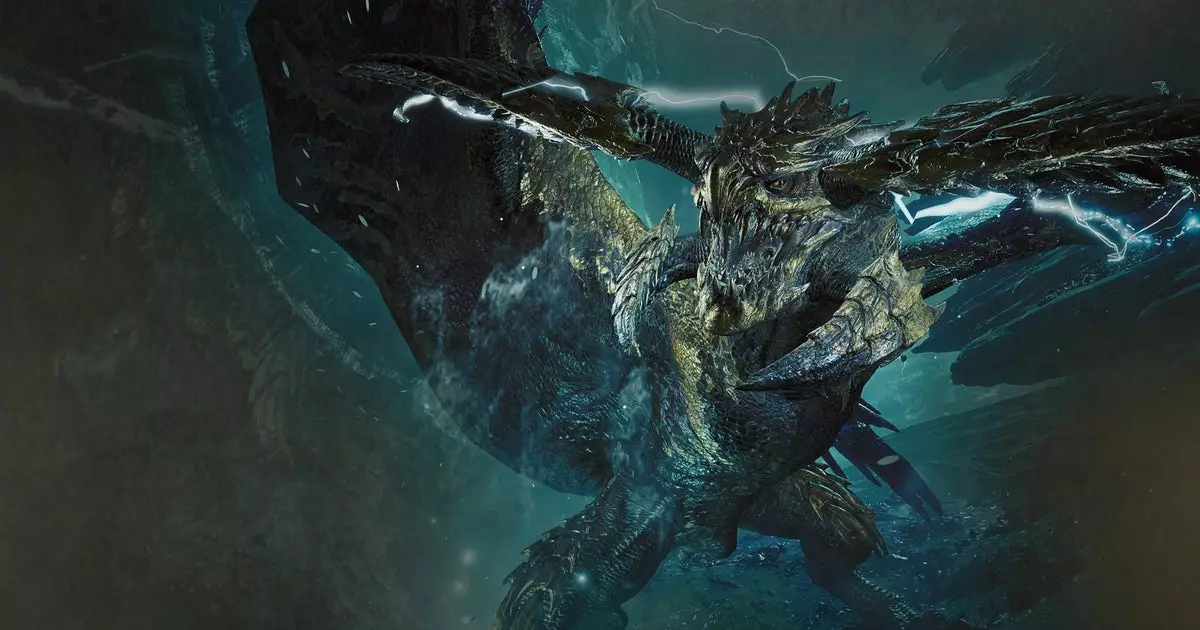In the digital realm of multiplayer gaming, integrity often hangs by a thread, especially in a competitive environment like *Monster Hunter Wilds*. Unlike single-player experiences where personal satisfaction takes precedence, multiplayer gaming demands a collective spirit. Cheating in multiplayer settings is more than just bending the rules; it undermines the very essence of camaraderie and fun that attracts players. When developers like Capcom announce the detection of unauthorized modifications, as seen recently, it serves as a flashing warning to players everywhere. Cheating not only disrupts the game balance but also threatens player engagement, turning what should be a fair competition into a tedious battle against digital dishonesty.
A Cautionary Message from Capcom
Capcom recently aired its grievances over unauthorized data modifications in *Monster Hunter Wilds*, offering a stern reminder to all players: cheating comes with consequences. Their warning highlighted how altered data can lead to unplayable experiences, prompting players to stay vigilant. The company even provided criteria to identify modified quests, illustrating their proactive approach in combating foul play. With an alarming assertion that modified quests could manifest unexpected challenges—like encountering more target monsters than intended—the message is clear: if you spot something wrong, back away.
Capcom’s decision to implement additional countermeasures against cheating reflects a wider trend in gaming—developers are increasingly prioritizing fairness. Future updates aimed at addressing cheaters signal not just a growing intolerance of dishonesty but also an acknowledgment of the community’s desire for a level playing field.
The Illogic of Cheating
One has to wonder, what drives players to cheat in an engaging experience like *Monster Hunter Wilds*? The game’s allure lies in its challenges, where each monster you face and every quest you conquer adds to the sense of achievement. Cheating strips away that accomplishment, turning the experience into a hollow shell. In essence, a high rank achieved through dishonest means becomes a mere illusion, devoid of the hard work that should accompany it. It begs the question: wouldn’t it be more fulfilling to embrace the game’s challenges rather than circumventing them?
For those who feel the urge to cheat, a suggestion arises: consider diving into more humorous and carefree gaming experiences. Classic titles like those on the PlayStation 2, where cheats enhance the playful chaos rather than ruin competitive engagement, provide a more fitting playground for those seeking that kind of thrill.
Community Response to Cheating
The uproar generated by Capcom’s announcement speaks volumes about community values in gaming. Players are increasingly vocal against cheating, recognizing that a thriving multiplayer world depends on fairness and shared enjoyment. When players band together to expose and condemn cheating, they reinforce the social contract of gaming. This collective stance ensures that the integrity of the game is preserved, creating a more enjoyable environment for all.
As the gaming community continues to evolve, it’s vital that we adhere to these principles of honesty and integrity. Cheating may seem like a quick gain, but in the long run, it erodes the fun and thrill that come from the hard-fought victories in a world that celebrates skill, strategy, and cooperation.


Leave a Reply